Many colleges sign employment commitments for new students, considering this a factor to attract students when recruiting.
In early August, Ms. Huyen brought her son from Phu Tho to Hanoi to enroll in Vietnam College of Industry and Trade, majoring in Automotive Engineering Technology.
Having scored nearly 20 points in the A00 combination (Math, Physics, Chemistry), Ms. Huyen and her child previously found it difficult to get into a satisfactory university. When researching the college system, the mother and child were convinced by the commitment to job placement after graduation from the University of Industry and Trade. If not, the school would refund the tuition fee.
"The school also has a paid internship program, so I decided to let my child enroll," said Ms. Huyen.
Commitment to employment after graduation has become a factor attracting candidates to college, according to many experts.

Candidates enrolling at Vietnam College of Industry and Commerce on August 9. Photo: Fanpage of Vietnam College of Industry and Commerce
Currently, there are nearly 400 colleges nationwide. According to the General Department of Vocational Education, in 2022, the number of college students will be about 236,000, an increase of more than 10% compared to the previous year. Many school leaders believe that this result is largely due to communication work, including communication about opportunities and job commitments upon graduation.
Vietnam College of Industry and Trade is currently enrolling 34 majors with about 1,000 positions. In most majors, the school commits to job placement, except for three majors: Corporate Legal Services, Land Legal Services, and Litigation Legal Services. These are also three majors that the school has not been able to enroll students.
"This shows that the commitment to employment after graduation is an important factor for parents and students to choose a school," said Dr. Nguyen Duy Do, Principal.
Mr. Do said that to arrange jobs for about 1,000 students each year, the school cooperates with more than 200 businesses. Based on the job position and the requirements of the business, the school selects students to do internships during the training period, with a salary of about 4-7 million VND per month.
"Students who intern at a company will usually start working there after receiving their degree. The starting salary is 1.5 times higher than the internship period, ranging from 7-10 million VND," said Mr. Do. Particularly in the fields of Restaurant and Hotel Management, Food Processing Technology or Automotive Engineering Technology, students have the opportunity to intern abroad for 6 months to a year, receiving a salary of 12-15 million VND per month.
In Ho Chi Minh City, Far East College also commits to jobs for about 2,000 new students each year.
Principal Tran Thanh Hai said that the school cooperates closely with thousands of businesses and participates in large professional associations, so it is easy to introduce students to internships and jobs. From there, the school grasps the needs, new technologies and techniques applied, then adjusts the training program accordingly, helping students to be able to work immediately after graduation.
According to Mr. Hai, the practice time of college students accounts for at least 70% of the training program. Therefore, the school invests in facilities and equipment for students to practice, and at the same time develops a team of "hybrid" lecturers who are both qualified to teach and work in businesses.
As a result, the employment rate of graduates in the Health Care, Engineering, Information Technology and Foreign Languages groups reached approximately 100%, with the lowest starting salary being 8 million VND. Particularly in the Economics - Services group, the employment rate reached 70-75%, with the lowest starting salary being 6.5 million VND.
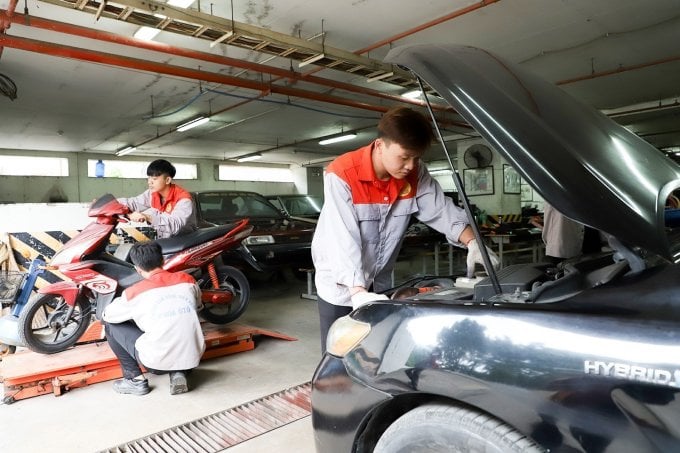
Automobile students of Far East College practice at school. Photo: Provided by the school
When the Ministry of Education and Training reported that about 292,000 candidates dropped out of university entrance exams this year, many experts said one of the reasons was that candidates proactively chose to study at vocational colleges.
The 2021 labor force survey report of the General Statistics Office shows that the number of unemployed people with college degrees is only 5.3%, much lower than university degrees.
Dr. Dong Van Ngoc, Principal of Hanoi College of Electromechanics, said that society and parents have had an objective view of their children's job opportunities at any level of education.
Currently, job opportunities for college students are very open. For example, at Hanoi Electromechanical University, candidates who enroll this year will receive a registration form for a domestic or foreign workplace after graduation. Candidates who want to work in Japan, Korea, Taiwan, Germany or Finland will register to study foreign languages from the first year.
"From the second or third year, many partner businesses have organized recruitment so there is no shortage of job opportunities," said Mr. Ngoc.
Of course, not every school and industry dares to commit to a 100% employment rate. Mr. Do shared that this also depends on factors such as the epidemic, the shift in human resource needs of businesses, or subjectively from the wishes of students.
Mr. Le Viet Khuyen, Vice President of the Association of Vietnamese Universities and Colleges, said that the employment rate of students is only a part. Parents and candidates need to consider what kind of job they will get after graduation, whether it is suitable for college level or just a simple job that can be done without having to study at this level.
Mr. Tran Thanh Hai also noted that parents and candidates need to research carefully when choosing schools and majors.
"Although many schools have verbal or written commitments, parents and candidates should consider the basis for that commitment to be feasible," said Mr. Hai.
Source link





![[Photo] Looking back at the impressive moments of the Vietnamese rescue team in Myanmar](https://vstatic.vietnam.vn/vietnam/resource/IMAGE/2025/4/11/5623ca902a934e19b604c718265249d0)
![[Photo] "Beauties" participate in the parade rehearsal at Bien Hoa airport](https://vstatic.vietnam.vn/vietnam/resource/IMAGE/2025/4/11/155502af3384431e918de0e2e585d13a)



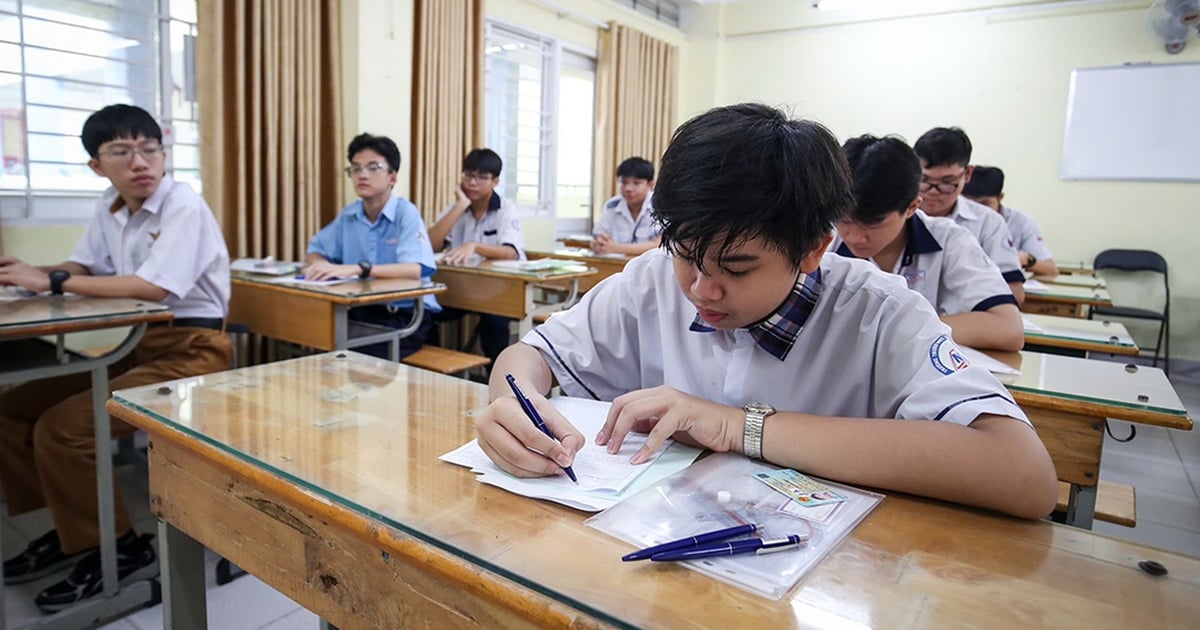


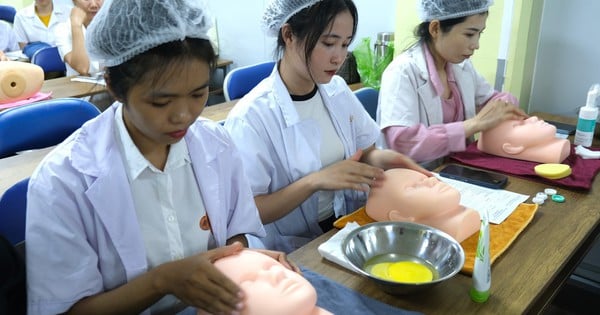

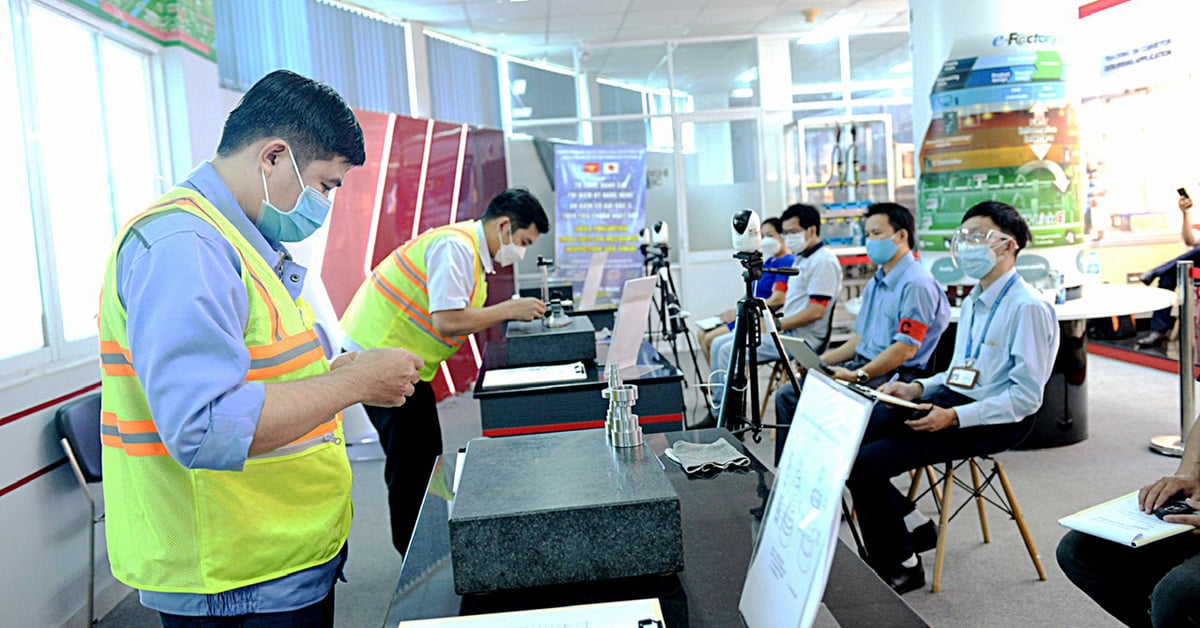

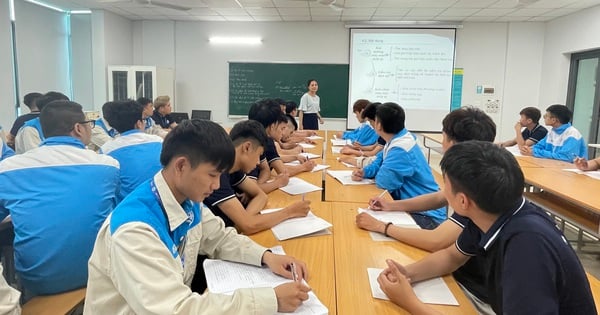

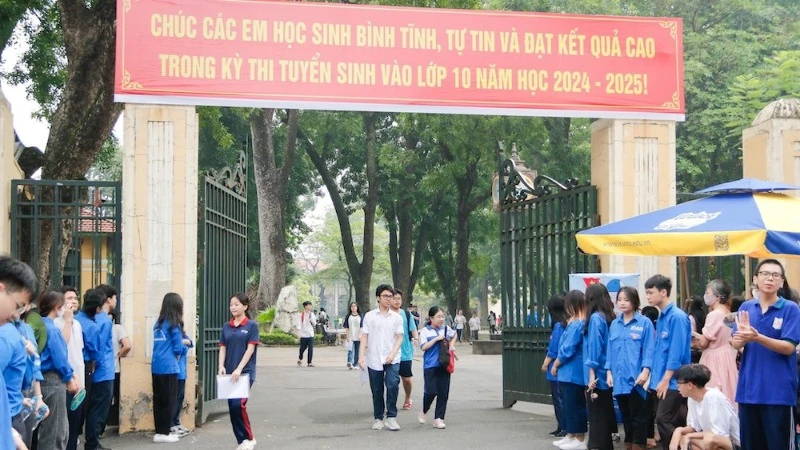

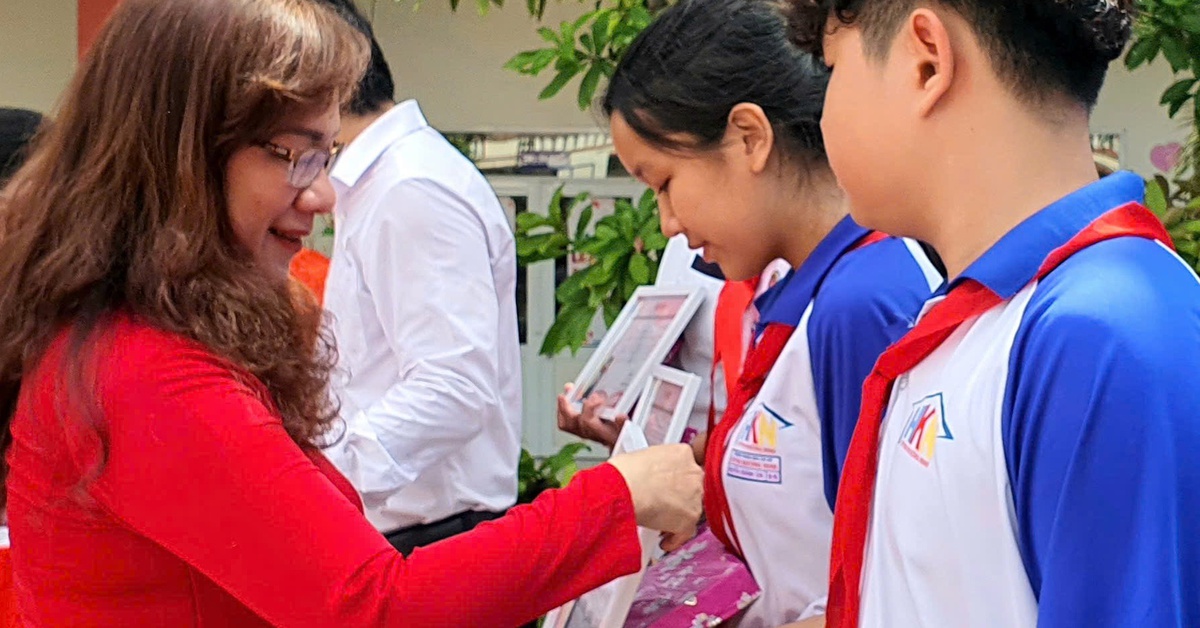
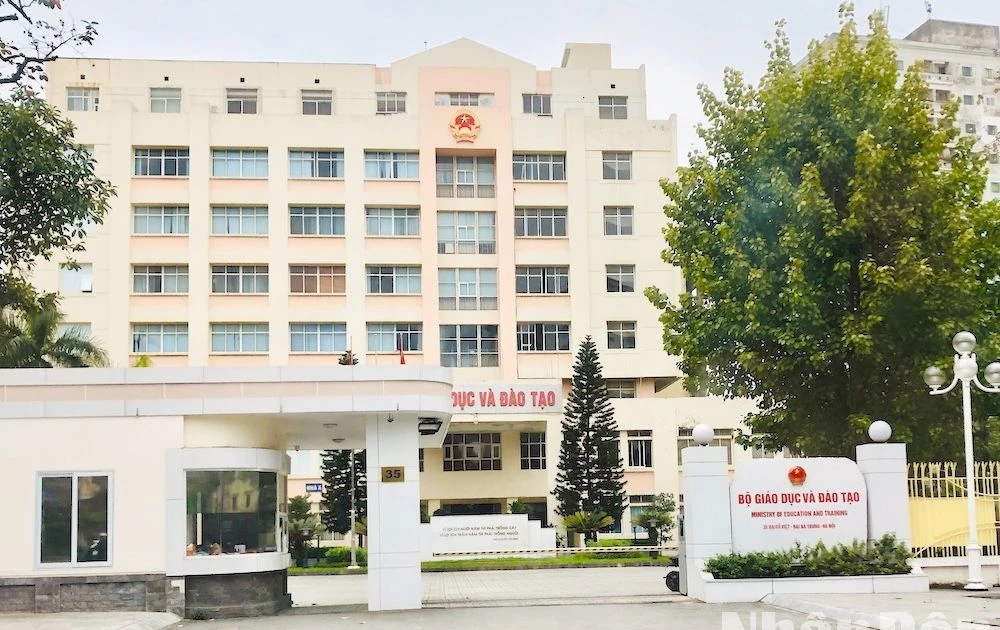









![[Photo] Summary of parade practice in preparation for the April 30th celebration](https://vstatic.vietnam.vn/vietnam/resource/IMAGE/2025/4/11/78cfee0f2cc045b387ff1a4362b5950f)




























































Comment (0)